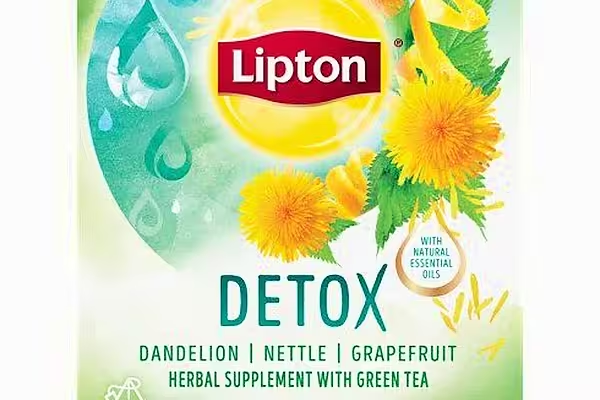Unilever's plan to split its tea operations has raised questions among analysts about how it will handle Lipton tea, a major brand that straddles both parts of the business.
The consumer goods group said on Thursday it had concluded a near seven-month review of its €3 billion ($3.5 billion) a year tea operations with a decision to keep its Indian and Indonesian units as well as its joint venture with PepsiCo.
The rest of the tea portfolio will be spun off into a separate entity that will include PG Tips and Pukka Herbs teas.
Some analysts think Unilever will eventually look to sell this business or bring in a minority investor. Unilever launched the tea review due to a slowdown in black tea sales in the United States and Europe as consumers shift to herbal teas.
But any sale could create problems for the Lipton brand.
'An Integral Part Of Joint Venture With PepsiCo'
Lipton is big in India and Indonesia, and also an integral part of the joint venture with PepsiCo, which was formed to sell ready-to-drink Lipton ice tea bottles at retailers, restaurants and schools.
The brand is also important to the black tea business.
Chief financial officer Graeme Pitkethly said Lipton's intellectual property was under review, but that the company had yet to come to a decision about what to do with the brand.
"They are willing in principle to sell the Lipton brand (with developed markets), why do they want to keep the Lipton ice tea business?" asked Jefferies analyst Martin Deboo, adding one option would be to sell the brand to a third party and license it back for the Indian and Indonesian businesses.
However, complications arise with the Lipton-focussed joint venture, where Unilever owns half a stake with PepsiCo.
Another analyst, who did not want to be named, said Unilever could sell its part of the venture to PepsiCo. But that would mean losing part of a lucrative business that finance chief Graeme Pitkethly described on Thursday as "extremely successful" and which Unilever identified in its review as worth keeping.














